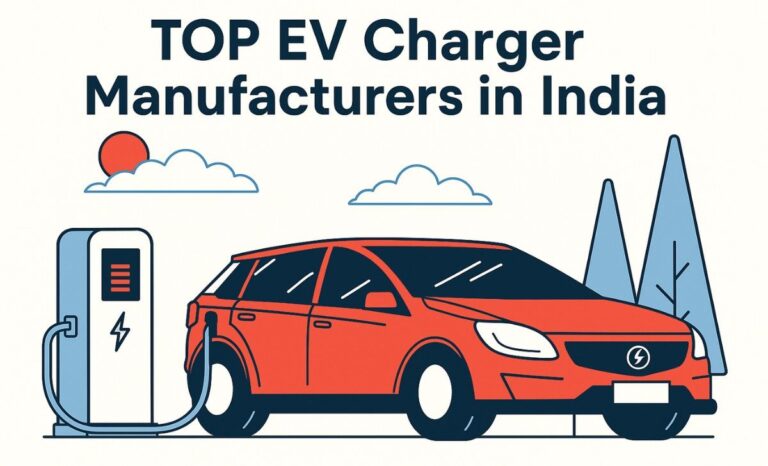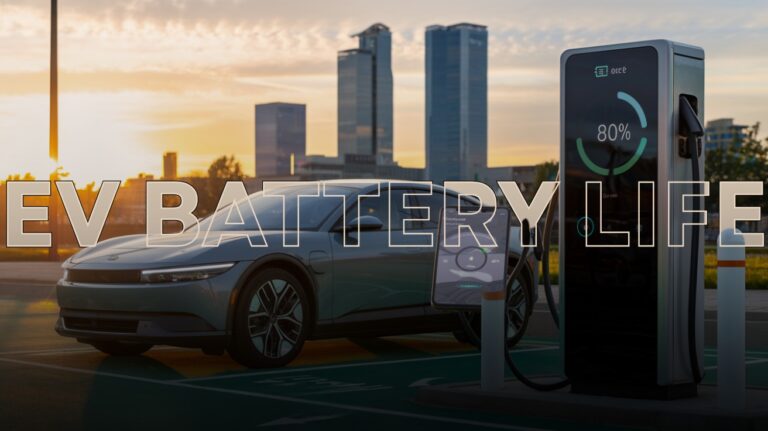
Affordable Electric Cars in the UK for 2025: Top Budget-Friendly EVs
The electric vehicle (EV) landscape in the UK is rapidly evolving, with 2025 poised to be a pivotal year for affordable electric cars. As manufacturers respond to increasing demand and government incentives, a new wave of budget-friendly EVs is set to hit the market, making sustainable transportation more accessible than ever.
In this comprehensive guide, we’ll explore the top affordable electric cars available in the UK for 2025. Whether you’re seeking the best cheap EVs or budget electric vehicles that don’t compromise on quality, we’ve got you covered.
Overview of the UK Electric Vehicle Market in 2025
The UK’s electric vehicle (EV) market is experiencing significant growth, with 2025 marking a pivotal year in this evolution. The UK has recently surpassed Germany to become Europe’s largest electric-car market, with EVs accounting for 19.6% of the UK’s car market share in 2024.
This surge is driven by a combination of government initiatives, increased consumer awareness, and advancements in technology. The UK government’s Zero Emission Vehicle (ZEV) mandate sets ambitious targets, requiring 28% of all new vehicle sales to be electric by 2025.
In response to these developments, manufacturers are introducing a range of budget-friendly electric vehicles tailored to the UK market. Models such as the Fiat 600e Crossover and the Abarth 500e Hot Hatch have seen significant price reductions, making them more accessible to a broader audience.
Despite these advancements, challenges remain. Private demand for EVs has been weaker than expected, and meeting the 2025 mandate thresholds will require a nearly 50% increase in EV market share.
Overall, the UK’s commitment to expanding its electric vehicle market, coupled with increased availability of affordable options, positions it as a leading player in the global shift towards sustainable transportation.
Criteria for Selecting Affordable Electric Cars
When selecting an affordable electric car in the UK for 2025, it’s essential to consider several key factors to ensure you choose a vehicle that meets your needs and offers excellent value. Here are the primary criteria to guide your decision:
1. Price and Affordability
- Upfront Cost: Affordable electric cars in 2025 are becoming more accessible, with models like the XEV Yoyo Pro priced around £15,000.
- Total Cost of Ownership: Consider long-term expenses, including maintenance, insurance, and potential tax implications. Notably, from April 2025, electric vehicles will no longer be exempt from Vehicle Excise Duty (VED), impacting overall ownership costs.
2. Driving Range
- Battery Capacity: Evaluate the vehicle’s range on a single charge to ensure it aligns with your daily commute needs. For instance, the Renault 5 offers a range of approximately 250-300 km, making it suitable for both city and suburban driving.
3. Charging Infrastructure
- Home Charging: Assess the feasibility of installing a home charging station, considering costs and available space.
- Public Charging Access: Ensure there are sufficient charging points along your regular routes, especially if home charging isn’t an option. Public fast chargers can be more expensive than home charging, potentially affecting overall savings.
4. Performance and Driving Experience
- Acceleration and Handling: Electric vehicles are known for their instant torque and smooth acceleration. Test drive models to find one that matches your performance expectations.
- Vehicle Size and Type: Choose a model that fits your lifestyle, whether it’s a compact car for city driving or a larger vehicle for family use.
5. Incentives and Grants
- Government Support: Stay informed about any available grants or incentives that can reduce the purchase price of electric vehicles. Be aware of upcoming changes, such as the introduction of an electric car road tax in April 2025.
6. Environmental Impact
- Sustainability: Electric vehicles contribute to reducing pollution in cities due to the absence of tailpipe emissions. However, consider non-tailpipe emissions such as brake dust and tyre particles and stay informed about their environmental impact.
By carefully evaluating these criteria, you can make an informed decision when selecting the best cheap EV in the UK for 2025, ensuring it aligns with your budget, lifestyle, and environmental values.
Top 10 Affordable Electric Cars in the UK for 2025
As the UK electric vehicle (EV) market continues to expand in 2025, several affordable electric cars have emerged, offering excellent value without compromising on quality. Here are the top 10 budget-friendly EVs to consider:
Citroen Ami
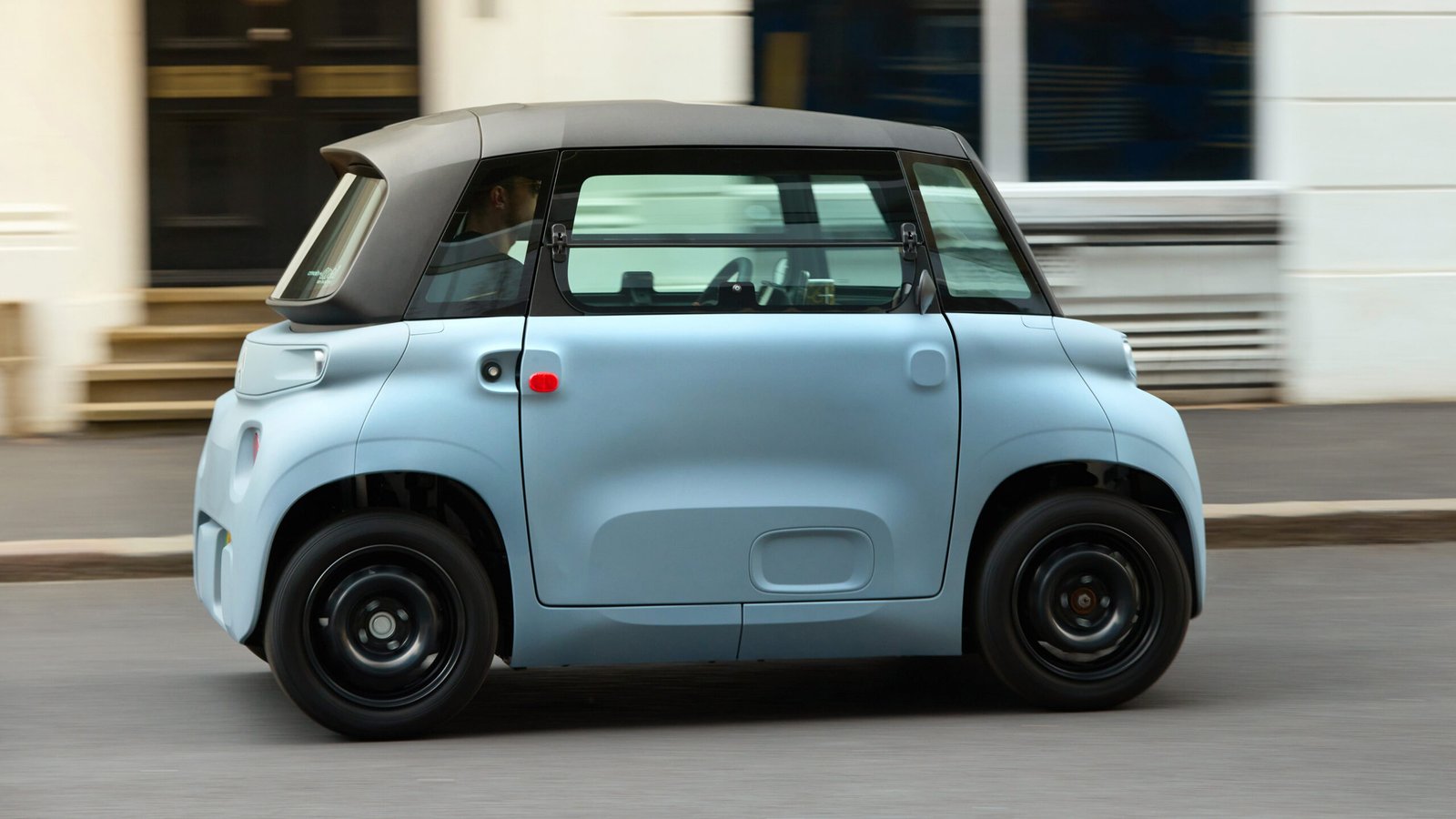
Priced from £7,695, the Citroen Ami is a compact city car ideal for urban commuting. With a top speed of 28 mph and a range of 46 miles, it’s perfect for short trips and city driving.
Dacia Spring
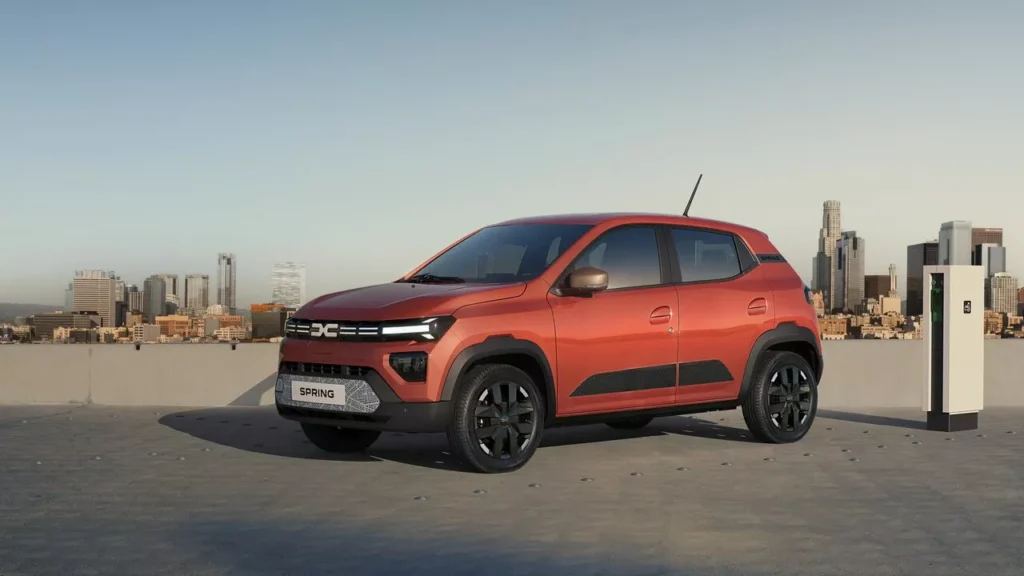
Starting at £14,995, the Dacia Spring offers a practical solution for those seeking an affordable electric car. It provides a range of approximately 140 miles, making it suitable for daily commuting and errands.
Renault 5
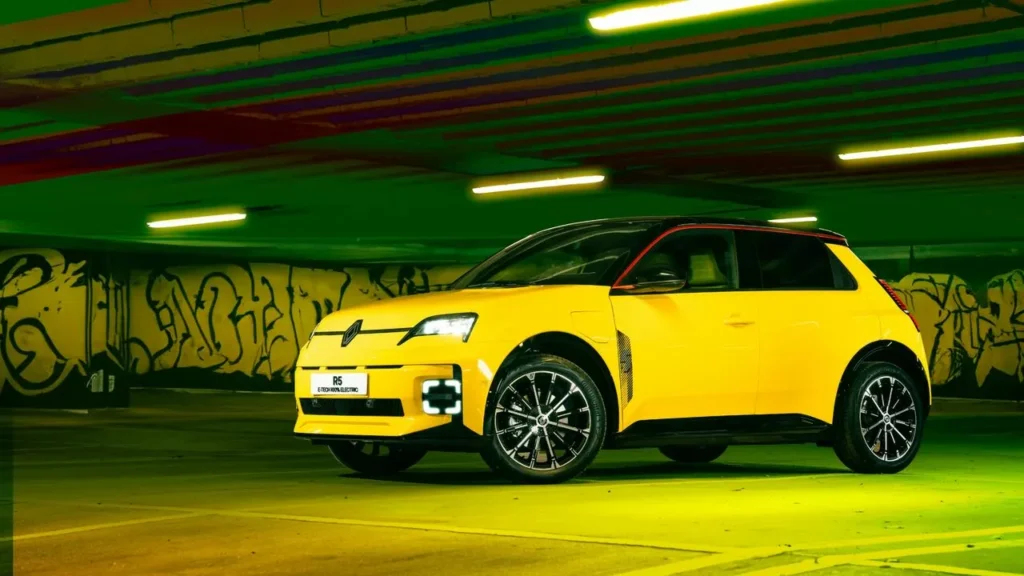
Expected to be priced around £23,000, the Renault 5 combines retro styling with modern electric efficiency. It’s anticipated to offer a range of up to 200 miles, catering to both city and longer-distance driving needs
Fiat 500e
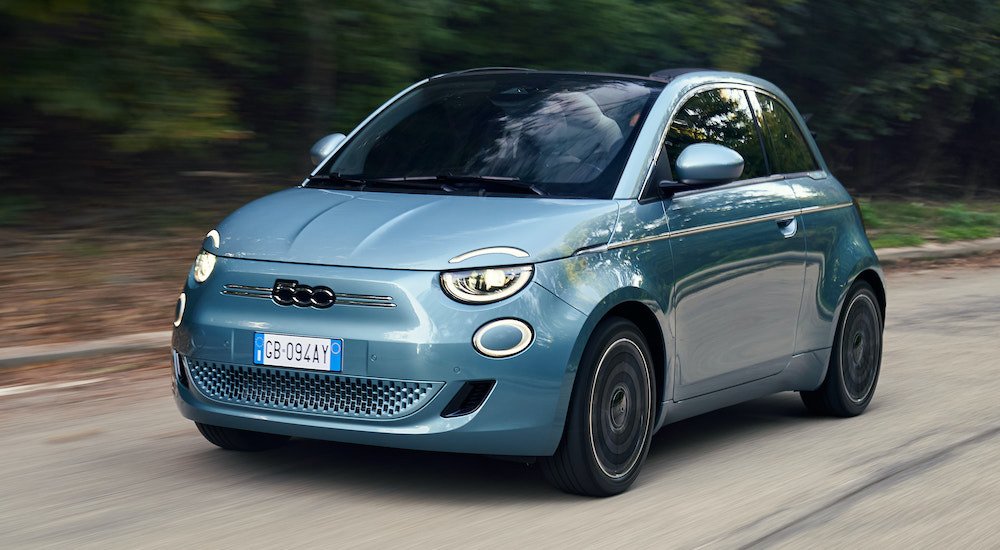
With a starting price of £24,995, the Fiat 500e is a stylish city car that offers a range of approximately 180 miles. Its compact size and agile handling make it ideal for urban environments.
BYD Dolphin
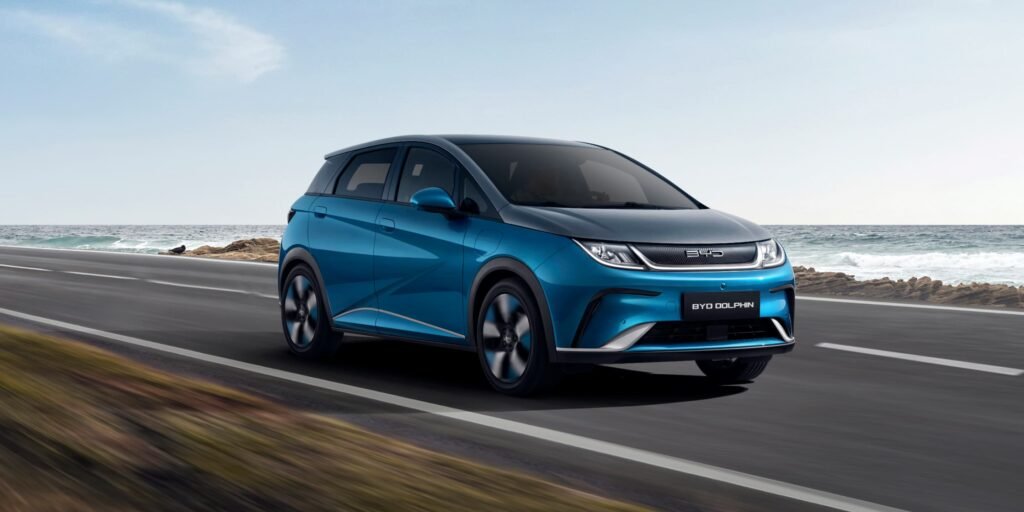
Priced from £26,195, the BYD Dolphin is a compact hatchback offering a range of around 200 miles. It combines practicality with modern design, making it a strong contender in the affordable EV market.
Vauxhall Corsa Electric

Starting at £26,895, the Vauxhall Corsa Electric offers a range of approximately 180 miles. It provides a comfortable ride and is equipped with modern features, making it a practical choice for daily commuting.
Peugeot e-208
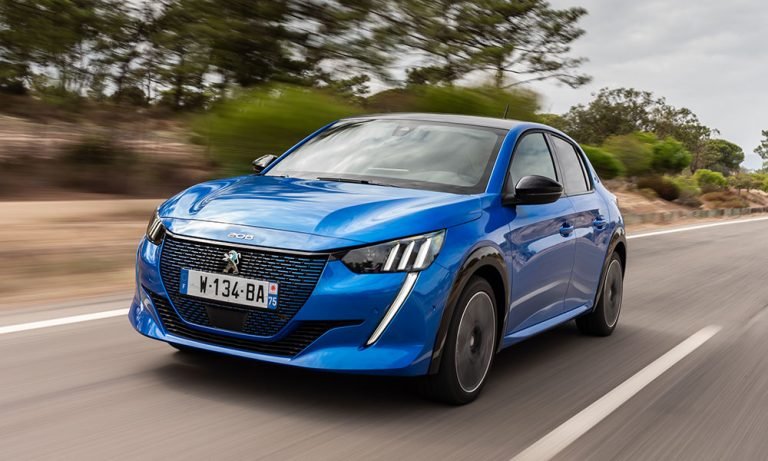
With a starting price of £27,000, the Peugeot e-208 offers a range of around 200 miles. It combines a stylish design with a comfortable interior and advanced technology features.
Mini Cooper Electric

Priced from £28,000, the Mini Cooper Electric offers a range of approximately 180 miles. It provides a fun driving experience with its agile handling and iconic design.
Honda e
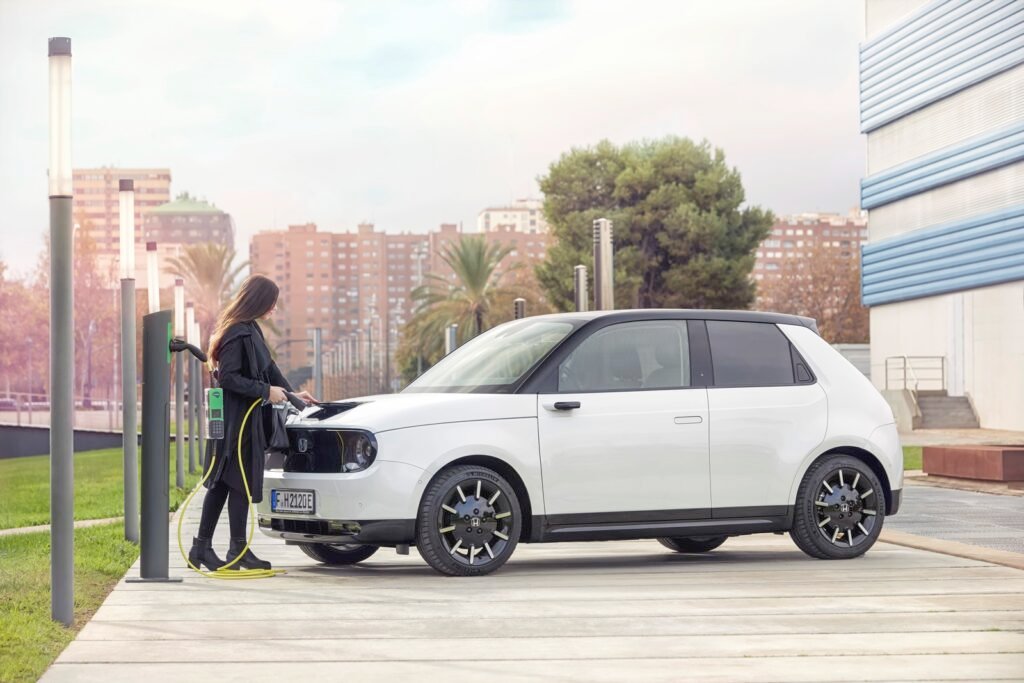
Starting at £29,000, the Honda e offers a range of around 130 miles. It features a retro-inspired design with modern technology and a spacious interior.
Hyundai Kona Electric

Priced from £30,000, the Hyundai Kona Electric offers a range of approximately 250 miles. It combines a compact SUV design with a spacious interior and advanced safety features.
These vehicles represent some of the best cheap EVs available in the UK for 2025, offering a range of options to suit various preferences and budgets.
Ownership Costs and Savings
Owning an affordable electric car in the UK offers several financial advantages, including lower running costs, reduced maintenance expenses, and potential savings on taxes and incentives. Here’s a breakdown of the key ownership costs and savings associated with budget-friendly electric vehicles (EVs) in the UK for 2025:
1. Running Costs
- Fuel Savings: Electric cars are generally more cost-effective to fuel compared to petrol or diesel vehicles. Charging at home typically costs less per mile than refueling with traditional fuels. For instance, charging an EV at home can be significantly cheaper than filling up a petrol or diesel car.
- Charging Infrastructure: The UK has an extensive network of public charging stations, many of which offer free or low-cost charging options. Utilizing these can further reduce running costs.
2. Maintenance and Servicing
- Lower Maintenance Costs: Electric vehicles have fewer moving parts than internal combustion engine (ICE) vehicles, leading to reduced wear and tear. This results in lower maintenance and servicing costs over the vehicle’s lifespan. For example, EVs don’t require oil changes, and brake systems often last longer due to regenerative braking.
3. Tax Incentives and Benefits
- Vehicle Excise Duty (VED): As of April 2025, electric cars will incur a minimal VED of £10 for the first year, compared to higher rates for petrol and diesel vehicles. After the first year, all vehicles, including EVs, will be charged a standard rate of £195 per year.
- Company Car Tax: For company car drivers, electric vehicles are highly cost-effective, with Benefit in Kind (BIK) rates fixed at just 2% until April 2025. From April 2025, the rate will increase, but it will still be lower than that for petrol or diesel vehicles.
4. Depreciation
- Resale Value: While EVs have historically depreciated faster than ICE vehicles, the trend is changing. With increasing demand and government incentives, the resale value of affordable electric cars is expected to stabilize, offering better value retention.
5. Environmental Incentives
- Congestion Charges and Low Emission Zones: Many UK cities offer exemptions or discounts on congestion charges and access to low-emission zones for electric vehicles, providing additional savings.
6. Additional Considerations
- Insurance Costs: Insurance premiums for electric vehicles can vary. It’s advisable to compare quotes to find the best deal.
- Government Grants: While the Plug-in Car Grant has been phased out, other incentives may be available, such as grants for home charging equipment.
In summary, owning an affordable electric car in the UK in 2025 can lead to significant savings through lower running and maintenance costs, tax benefits, and potential environmental incentives. When considering a budget electric vehicle, it’s essential to evaluate these factors to determine the total cost of ownership and the financial benefits over the vehicle’s lifespan.
Charging Infrastructure in the UK
As of January 2025, the UK’s charging infrastructure for affordable electric cars has experienced significant growth, enhancing the convenience and accessibility of budget electric vehicles (EVs) across the nation.
1. Expansion of Charging Points
- Public Charging Stations: The UK now boasts over 73,000 public charging points, a substantial increase from previous years. This expansion includes a variety of charging options, such as rapid and ultra-rapid chargers, to accommodate the diverse needs of EV drivers.
- Ultra-Rapid Chargers: The number of ultra-rapid charging points has grown significantly, with projections indicating that by the end of 2025, the UK will have over 10,000 ultra-rapid chargers, up from more than 7,000 at the end of 2024.
2. Strategic Developments
- Gridserve Electric Forecourts: Gridserve has been instrumental in developing electric forecourts, such as the one in Braintree, Essex, which opened in December 2020. These facilities offer ultra-fast charging and amenities like convenience stores and office pods, enhancing the EV charging experience.
- Collaborations for Expansion: In July 2024, TotalEnergies and SSE announced a joint venture named Source, aiming to establish up to 3,000 fast-charging points across the UK and Ireland within five years. This partnership underscores the commitment to expanding the charging network to meet the growing demand for affordable electric cars.
3. Technological Innovations
- Smart Charging Solutions: Advancements in smart charging technologies are being implemented to optimize energy distribution and reduce charging times. Innovations like curbside charging solutions are addressing urban challenges, making it more convenient for residents without driveways or garages to charge their vehicles.
4. Government Initiatives
- Policy Support: The UK government continues to support the expansion of EV charging infrastructure through various policies and incentives, aiming to make affordable electric cars more accessible to a broader population.
5. Future Outlook
- Continued Growth: The charging infrastructure is expected to continue expanding, with projections indicating that by 2025, the UK will have over 80,000 public charging points, doubling from 2023 levels.
In summary, the UK’s charging infrastructure for affordable electric cars is rapidly evolving, with significant investments and technological advancements enhancing the convenience and accessibility of budget electric vehicles. This progress is crucial in supporting the adoption of EVs and achieving environmental goals.
Future Trends in Affordable Electric Vehicles
As we look ahead to 2025, the landscape of affordable electric cars in the UK is poised for significant transformation. Several key trends are emerging that will shape the market for budget electric vehicles, making them more accessible and appealing to a broader range of consumers.
1. Increased Affordability and Competitive Pricing
- Price Reductions: Manufacturers are actively reducing prices to make electric vehicles more accessible. For instance, Fiat has slashed prices on models like the Fiat 600e Crossover and the Abarth 500e Hot Hatch, bringing them under £30,000. This strategy aims to attract a wider customer base and stimulate sales.
- Entry-Level Models: New entrants like the XEV Yoyo Pro, priced at £15,000, are entering the UK market, offering affordable options for consumers seeking budget-friendly EVs. This trend is expected to continue, with more manufacturers introducing competitively priced models.
2. Expansion of Charging Infrastructure
- Enhanced Charging Networks: The UK is investing heavily in expanding its charging infrastructure, aiming to make charging more convenient and accessible. This expansion is crucial for supporting the growing number of affordable electric cars on the road.
- Faster Charging Solutions: Advancements in charging technology are leading to faster charging times, reducing downtime and increasing the practicality of owning an electric vehicle. This improvement is particularly beneficial for budget electric vehicles, making them more user-friendly.
3. Technological Advancements
- Improved Battery Technology: Ongoing research and development are leading to more efficient and longer-lasting batteries, which can reduce the overall cost of electric vehicles and enhance their performance. This development is expected to make affordable electric cars more reliable and cost-effective.
- Integration of Smart Features: Affordable electric cars are increasingly incorporating smart technologies, such as advanced infotainment systems and autonomous driving features, enhancing the driving experience without significantly increasing costs.
4. Policy Support and Incentives
- Government Incentives: The UK government continues to offer incentives for electric vehicle purchases, including grants and tax benefits, making affordable electric cars more financially attractive. These policies are designed to encourage the adoption of budget electric vehicles.
- Emission Regulations: Stricter emission standards are pushing manufacturers to produce more electric vehicles, including affordable models, to comply with environmental regulations. This regulatory pressure is expected to increase the availability of budget-friendly EV options.
5. Market Growth and Consumer Adoption
- Rising Consumer Demand: As environmental awareness grows, more consumers are considering electric vehicles, including affordable options, leading to increased demand and a more competitive market. This shift is expected to drive innovation and further reduce prices.
- Diverse Model Offerings: The market is seeing a diversification of electric vehicle models, including hatchbacks, SUVs, and compact cars, catering to various consumer preferences and budgets. This variety ensures that there are affordable electric cars to suit different needs.
The future of affordable electric vehicles in the UK is marked by increased affordability, expanded charging infrastructure, technological advancements, supportive policies, and growing consumer adoption. These trends are set to make budget electric cars more accessible and appealing to a broader audience in 2025 and beyond.
Summary:
In this guide, we’ve explored the most affordable electric cars in the UK for 2025, helping you navigate the growing EV market. From the ultra-compact Citroën Ami, perfect for city dwellers, to the Hyundai Kona Electric, offering an extended range for long-distance drivers, there’s a budget-friendly electric vehicle for every need. We’ve discussed the criteria for choosing an affordable electric car, considered various factors such as range, features, and costs, and provided detailed insights into some of the best cheap EVs UK. Moreover, we’ve examined the UK’s charging infrastructure and the future trends driving the growth of affordable electric vehicles, ensuring that you are well-informed about your next car purchase.


